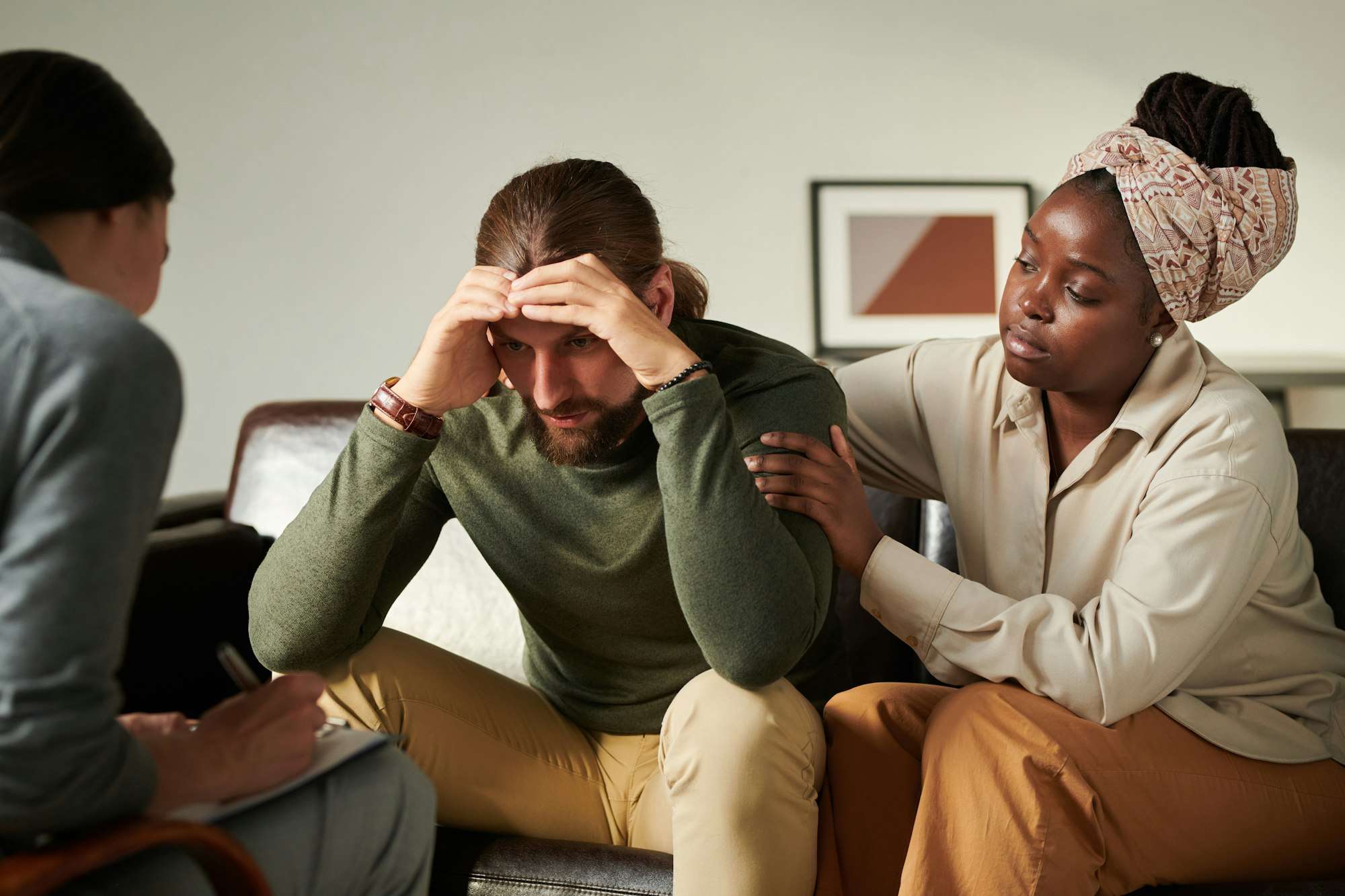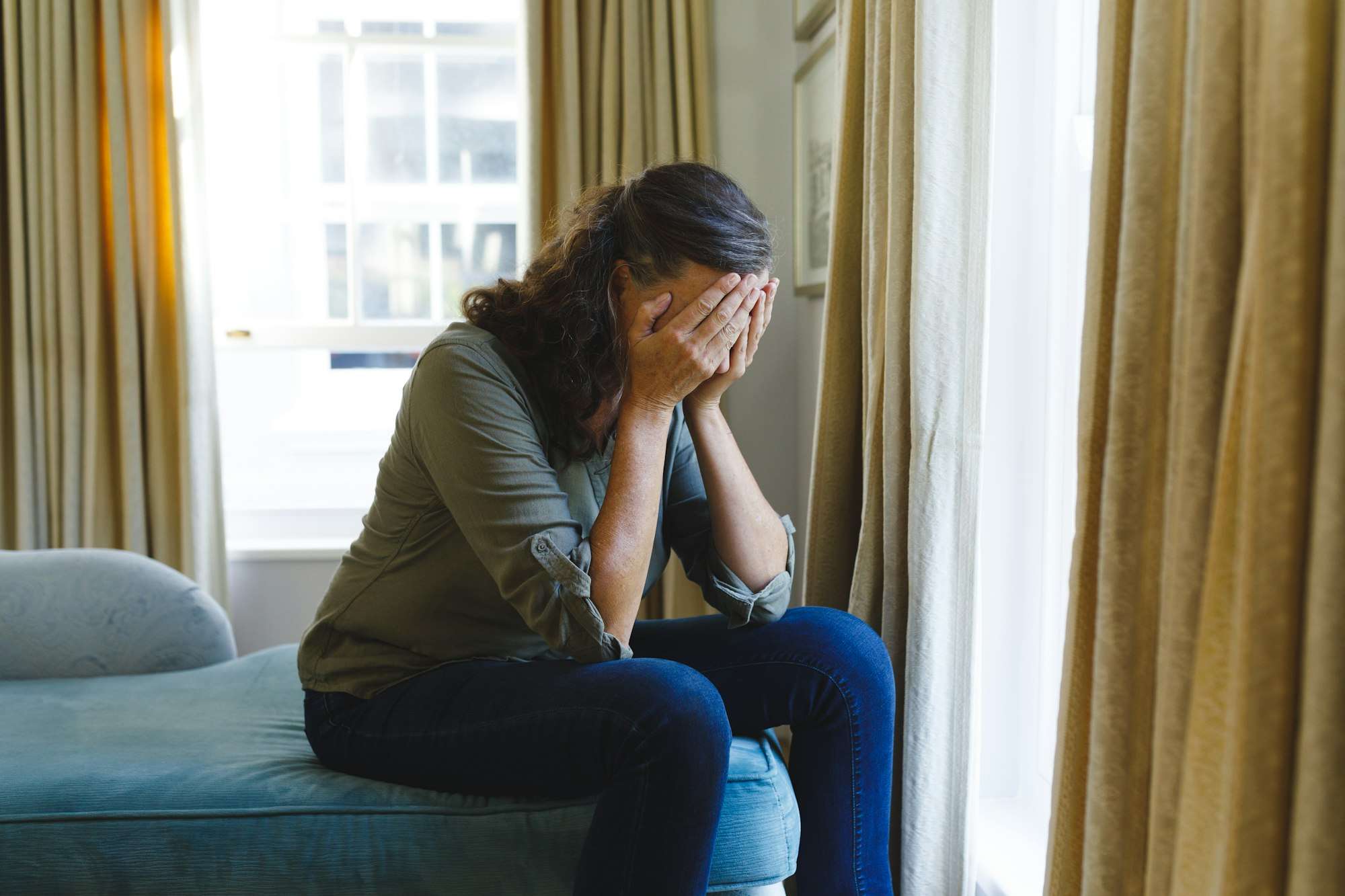Benzo Detox in Atlanta: Safe Recovery from Benzodiazepine Dependence
Benzo Detox in Atlanta: Safe Recovery from Benzodiazepine Dependence
Benzodiazepines, commonly used to treat anxiety, insomnia, or seizures, can lead to physical dependence when used for extended periods. Dependence can occur within just four weeks, and withdrawal symptoms can be severe or even life-threatening, making a supervised benzo detox essential.
What Is Benzo Detox?
Benzo detox is the process of clearing benzodiazepines from the body and rebalancing the brain’s chemical levels. Benzos work by relaxing the central nervous system and increasing GABA receptors in the brain, leading to tolerance over time. When use is stopped, the body must readjust to the absence of GABA-enhancing effects, causing withdrawal symptoms. For safety, benzo detox should always be done under medical supervision.
Risks of Quitting Benzos Without Supervision
Quitting benzodiazepines “cold turkey” or attempting to detox at home can be dangerous. Medical detox involves monitoring and support to manage withdrawal symptoms safely. Two main approaches include:
- Medical Detox: Involves medication to reduce withdrawal symptoms.
- Tapering Off: Gradually decreasing the dosage to lessen withdrawal effects.
Benzo Withdrawal Symptoms
The severity of withdrawal varies based on the duration and dosage of benzo use. Common symptoms include:
- Insomnia and anxiety
- Panic attacks
- Heart palpitations
- Tremors
- Muscle stiffness
- Seizures
- Hallucinations
- Suicidal thoughts
Rebound symptoms, such as heightened anxiety, often occur within two to three days of discontinuing the drug.
Get the help you need. Request a callback from our team today.
Benzo Withdrawal Timeline
The withdrawal timeline depends on the type of benzodiazepine:
- Short-Acting Benzos (e.g., Xanax, Ativan): Symptoms start within 8-12 hours after the last dose.
- Long-Acting Benzos (e.g., Klonopin, Valium): Symptoms may take 1-2 days to appear.
Withdrawal typically progresses as follows:
- 6-8 hours: Early signs like anxiety and trouble sleeping.
- Days 1-4: Rebound anxiety and insomnia peak.
- Days 10-14: Symptoms continue, peaking for long-acting benzos.
- Days 15+: Some may experience Post-Acute Withdrawal Symptoms (PAWS), including random episodes of withdrawal months after stopping.
Common Benzodiazepines for Detox
The most frequent benzos requiring detox include:
- Alprazolam (Xanax)
- Lorazepam (Ativan)
- Diazepam (Valium)
- Clonazepam (Klonopin)
Medications Used During Benzo Detox
Medications may be used to ease withdrawal symptoms, such as:
- Buspirone: Treats anxiety without causing dependence.
- Flumazenil: Can block benzo effects and aid in rapid detox.
Benefits of a Supervised Benzo Detox
While the detox process can be daunting, a structured detox program offers significant benefits:
- Improved sleep and appetite
- Reduced cravings
- Lower risk of long-term health effects or overdose
- Safe medical oversight
What to Expect During Benzo Detox
At Detox ATL, each client undergoes a thorough assessment to create a personalized detox plan. Clients receive:
- 24/7 medical supervision
- Nutritional support with staff-prepared meals
- Group and individual counseling
Can I Detox from Benzos at Home?
Self-detoxing from benzodiazepines is not advised due to the risk of severe side effects, including seizures. Attempting detox without medical guidance increases the chances of relapse and overdose.
Find Benzo Detox in Atlanta Today
Detoxing from benzodiazepines can be challenging, but with the right support, recovery is possible. If you or someone you know needs help, contact Detox ATL at (470) 828-2226. Our team of professionals is available 24/7 to provide safe and compassionate care throughout the detox process.











